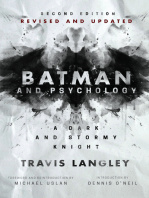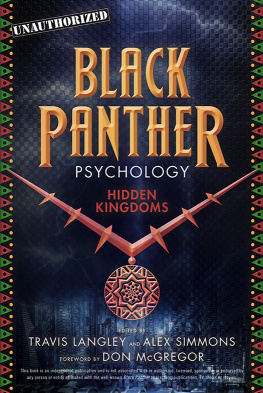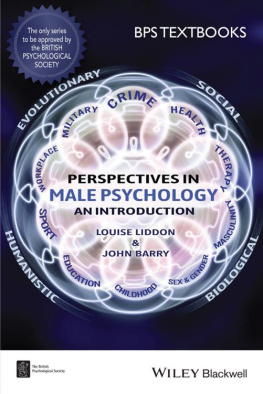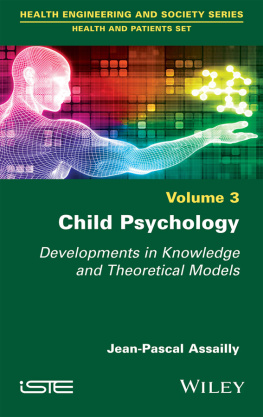STERLING and the distinctive Sterling logo are registered trademarks of Sterling Publishing Co., Inc.
All rights reserved. No part of this publication may be reproduced, stored in a retrieval system, or transmitted in any form or by any means (including electronic, mechanical, photocopying, recording, or otherwise) without prior written permission from the publisher.
This book is an independent publication and is not associated with or authorized, licensed, sponsored or endorsed by any person or entity affiliated with the well-known Wonder Woman publications or TV show or movie. All trademarks are the property of their respective owners. Such trademarks are used for editorial purposes only, and the publisher makes no claim of ownership and shall acquire no right, title, or interest in such trademarks by virtue of this publication. DC LOGO, WONDER WOMAN, THE LEGEND OF WONDER WOMAN, SENSATION COMICS, THE BRAVE & THE BOLD, and all related characters and elements & DC Comics.
For information about custom editions, special sales, and premium and corporate purchases, please contact Sterling Special Sales at 800-805-5489 or .
DC LOGO, WONDER WOMAN, THE LEGEND OF WONDER WOMAN, SENSATION COMICS, THE BRAVE & THE BOLD, and all related characters and elements & DC Comics.
Acknowledgments:
Our Sensations
I.
Travis Langley, PhD
series editor/volume co-editor
Be a sensation, not sensationalistic.
Myths and misconceptions abound regarding Wonder Womans history both behind the scenes and in the fiction. Yes, her creator and the women who inspired her creation lived an unusual lifestyle, but the specific details may not neatly fit the claims and assumptions that people popularly repeat. Insinuation and inference presented with a veneer of heavy research can leave folklore mistaken for historical fact, filling in the gaps in our knowledge of these sensational people by sensationalizing their lives. We thank William and Elizabeth Marstons son Pete and Petes daughter Christie for sharing their time and thoughts and for granting us access to the Wonder Woman Network Family Museums archives in our efforts to get some things right. And yes, we acknowledge that characters got tied up a lot in those earliest stories, but make no mistake: The stories and characters are much richer than that. Read the originals and take it all in. The ropes and chains here and there in those first few years were not intended to promote sadistic delight in seeing someone suffer, according to Marston, but were instead about things he considered important: becoming free, learning to break out of restraints, submitting to those who mean us well while overcoming any who mean us harm, and escaping the symbols used by the womens suffrage movement to represent the limits they strove to overcome in his
Thank you, Christie, for welcoming us into the Wonder Woman Network. It is a pleasure and an honor. Wonder Woman does have friends and fans all over the globe.
When we began working on the first books in this Popular Culture Psychology series, The Walking Dead Psychology: Psych of the Living Dead and Star Wars Psychology: Dark Side of the Mind, Mara Whiteside Wood told me that if we ever covered Wonder Woman, she wanted to be heavily involved. In addition to writing chapters for books in the series, Mara has proven herself to be an insightful, conscientious, knowledgeable editorial assistant on several volumes, more than capable of co-editing Wonder Woman Psychology: Lassoing the Truth. Her contributions have been invaluable.
Sterling Publishing editor Connie Santisteban and I each separately decided on the same day that the time had come to examine Wonder Woman. At the very moment Connie was in a meeting saying that she hoped we would want to work on a Wonder Woman book, I happened to be writing my email to broach the subject with them. Imagine her surprise ten minutes later when she got to her computer. Kate Zimmermann took over the editorial reins on Sterlings side along the way. We congratulate Connie and her husband, Josh, on the birth of little J. J., and we look forward to seeing Connie again. This Popular Culture Psychology book series grew out of a conversation Connie and I had in the hallway at New York Comic Con, and my gratitude to her will never end. When writers I know grumble about their editors, I can only praise Connie and Kate. Many other fine folks at Sterling also deserve praise for giving us the support necessary to bring these books to you: Ardi Alspach, Toula Ballas, Michael Cea, Marilyn Kretzer, Sari Lampert, Rodman Neumann, Blanca Oliviery, Lauren Tambini, Theresa Thompson. My literary agent, Evan Gregory of the Ethan Ellenberg Literary Agency, handles many details, sometimes suggesting great subtitlesalthough for this one, we must credit my own subconscious mind because Lassoing the Truth came to me on a book cover in a dream.
Without our chapter contributors, of course, this series could not exist. Janina Scarlet has written for every volume, and Jenna Busch, Lara Taylor Kester, Martin Lloyd, and Billy San Juan for all but one. Jenna also adds valuable touches as editorial assistant. I met them, Mara Wood, and many of our other contributors through conventions and conferences where they showed that they know their psychology, know their fandoms, and know how to bring them together in ways that are interesting and informative for audiences of all kinds. I thank Nicholas Langley and Matthew Smith, whose work led me to my first Comic-Con and therefore set this long chain of events in motion. I thank the organizers of the Comics Arts Conference (Peter Coogan, Randy Duncan, Kate McClancy), San Diego Comic-Con International (Eddie Ibrahim, Gary Sassaman, Cathy Dalton, Laura Jones, Sue Lord, Adam Neese, Amy Ramirez, Chris Sturhann), Atlantic City Boardwalk Con (Sean McHugh, Carl Horosz), Los Angeles Comic Con (Stan Lee, Regina Campinelli, Jade Cresko, Keith Tralins), New York Comic Con (Lance Fensterman), River City Expo (Brent Douglass), so many Wizard World cons (Christopher Jansen, Peter Katz, Ryan Ball, Donna Chin, Shelby Engquist, Kate Gloss, Tony B. Kim, Jerry Milani, Mai Nguyen, Alex Rae, Katie Ruark), and more for the variety of opportunities that make this work possible. Speakers who joined us on convention panels where weve discussed Wonder Woman include Eric Bailey, Genese Davis, Rick Klaw, Elizabeth Ann Kus, Patrick OConnor, Peter Sanderson, Janey Tracey, Jessica Tseang, and Nicky Wheeler-Nicholson. Comics and cartooning professionals such as Paul Benjamin, Danny Fingeroth, Phil Jimenez, Denny ONeil, Trina Robbins, Greg Rucka, Peter Sanderson, J. J. Sedelmaier, Gail Simone, Marguerite Van Cook, and Len Wein helped us form our thoughts regarding the Amazon princess through panels, conversations, and other communications over time.











